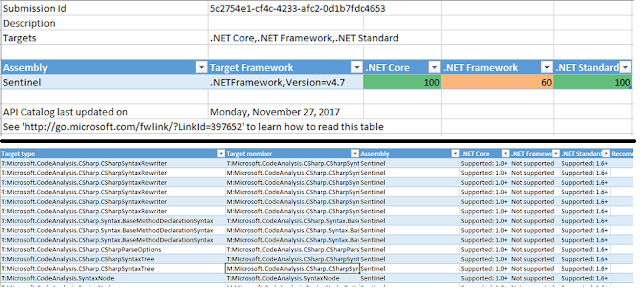NUnit Console Runner and NLog extension logging for your tests

Have you experienced the frustration of tests running perfectly well on your local machine and then failing in CI? This all too familiar "It worked on my machine" comes to mind. You set off to investigate and after a while you realize you are too far into the rabbit hole between code and logs in Kibana and this investigation is getting you nowhere. Wouldn't it be nice if you could hijack the logger and print the logs in the test runner's console? TL;DR NLog can be extended easily and NUnit Console Runner does not play well with simple console logs. Photo by Kaboompics .com from Pexels Enter Console logging In .Net in general it is not advisable to log to console in a multi-threaded environment, because the console is not thread safe. While logging simple strings may not cause any problems logging strings with interpolated variables may very well be sub optimal to say the least. Should you use any such debugging technique you are better off with a thread ...






